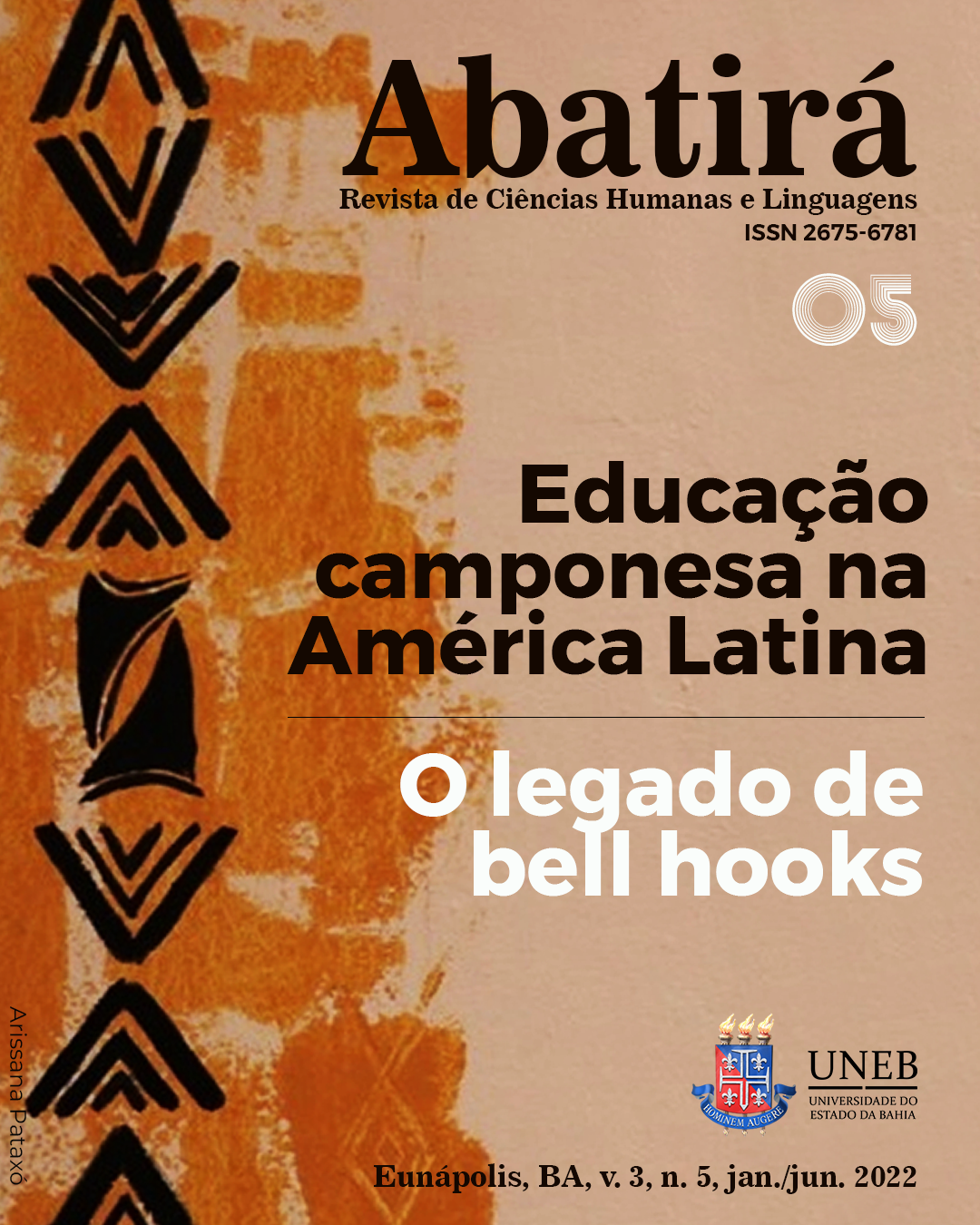Collaborative work and the use of digital and diverse resources in the classroom in the joint construction of knowledge
A case study in a middle school class in Portugal
Keywords:
Collaborative Work, Inclusive Pedagogical Differentiation, 21st Century Student Profile, TechnologiesAbstract
Collaborative work is increasingly recurrent in different areas of our society, whether in the labor market, where teams meet in openspace to find together a more efficient way, more effective answers; or in the educational area, where the most appropriate answers are sought so that everyone learns and no one is left behind. The debate and the joint construction of opinions call for a greater mobilization of skills in the construction of knowledge. The objectives of this study were to understand how the collaborative work and the organizational options of the groups by the teachers, as well as to verify whether diversified resources can contribute to an inclusive and differentiated teaching, enhancing the success of all students. We analyzed how collaborative work was managed in a 2nd cycle class with 20 students in three different subjects. For data collection we used naturalistic observation and semi-structured interviews. There was an improvement in the performance of the work presentations by each group, when the groups shared interests or engaged in helping an element with more difficulties. This approach combined diversified resources, from the use of technologies, such as the Tablet, to the use of diversified materials. The teachers sought to mobilize areas of interest to the students, seeking to motivate students through access to different approaches that could prove useful in effecting learning and mobilizing the necessary and emerging skills of the 21st century.
Downloads
References
AINSCOW, M. Caminhos para as escolas inclusivas. Instituto de Inovação Educacional, 1997.
BOAVIDA, A.; PONTE, J. Investigação Colaborativa: potencialidades e problemas in Refletir e investigar sobre a prática profissional, p.43-55, 2002.
BOGDAN, R., & BIKLEN, S. Investigação qualitativa em Educação. Porto Editora, 1994.
BRUNER, J. Para uma teoria da educação. Relógio de água, 1999.
COUTINHO, C.;CHAVES, J. O estudo de caso na investigação em Tecnologia Educativa em Portugal in Revista Portuguesa de Educação, 15, p.221-244, 2002.
FREITAS, L.;FREITAS, C. Aprendizagem Cooperativa. Edições Asa, 2003.
IRESON, J.;HALLAM, S. Ability grouping in secondary schools effects on pupils'self-concepts. Paul Chapman Publishing, 2001.
JOHNSON, D.;JOHNSON, R. An overview of coopertive learning.Bookes Press, 1994.
KOHL, M. Vygotsky, Aprendizado e desenvolvimento, um processo sócio-histórico. Editora Scipione, 2010.
LIMA, R. A escola que temos e a escola que queremos. Manuscrito, 2017.
LOPES, J.;SILVA H. S. Métodos de aprendizagem cooperativa para o jardim de infância. Areal Editores, 2008.
LUDKE, M.; ANDRÉ, M. Pesquisa em Educação: Abordagens qualitativas. Ed. Pedagógica Universitária, 1986.
MARTINS, O. Perfil dos alunos à saìda da escolariedade Obrigatória.Ministério da Educação-DGE, 2017.
MERRIAM, S. Case study research in education: A qualitive approch. CA: Jossey-Bass, 1988.
NOVAK , J. Aprender, criar e utilizar o conhecimento. Plátano Edições Técnicas, 2000.
OLIVEIRA , A. The digital mind. MIT Press LTD, 2017.
PONTE, J. P. (1994). O estudo de caso na investigação em educação matemática. Quadrante,, 3(1), p.3-18, 1994.
RASMUSSEN, M. (2005). Mixed-Age Groups in After school and out-of-school time programs. (S. D. University, Ed.), 2005.
ROBINSON, K.;ARONICA, L. Creative schools. Penguin Books, 2015.
RODRIGUES, A. A formação ativa de professores com integração pedagógica das tecnologias digitais. Tese de doutoramento, Universidade de Lisboa, 2017.
SANCHES, I. Compreender, Agir, Mudar, Incluir. Da investigação-acção à Educação Inclusiva. Revista Lusófona da Educação, 5, p.127-142, 2005.
SANCHES, I.; TAVARES, C. Gerir a diversidade. Contributos de aprendizagem cooperativa para a construção de salas de aulas inclusivas. Revista Portuguesa de Educação, 26, p.307-347, 2013.
SAVERY, J.; DUFFY, T. Problem Based Learning: an instructional model and its construtivist framework. Educational Tecnology, 35, p.31-38, 1995.
SPRINTHALL, N.;SPRINTHALL, R. Psicologia educacional: uma abordagem desenvolvimentalista. Editora Mc-Graw-Hill de Portugal, 1993.
STAKE, R. The art of Case Study Research. Sage Publications, 1995.
TOMLINSON, C. Diferenciação pedagógica e diversidade: ensino de alunos em turmas com diferentes níveis de capacidade. Porto Editora, 2008.
VYGOTSKY, L. A formação social da mente: o desenvolvimento de processos psicológicos superiores. Editora Martins Fontes, 1984.
Downloads
Published
How to Cite
Issue
Section
License

Este trabalho está licenciado sob uma licença Creative Commons Attribution 4.0 International License.Você é livre para:
Compartilhar - copia e redistribui o material em qualquer meio ou formato; Adapte - remixe, transforme e construa a partir do material para qualquer propósito, mesmo comercialmente. Esta licença é aceitável para Obras Culturais Livres. O licenciante não pode revogar essas liberdades, desde que você siga os termos da licença.
Sob os seguintes termos:
Atribuição - você deve dar o crédito apropriado, fornecer um link para a licença e indicar se alguma alteração foi feita. Você pode fazer isso de qualquer maneira razoável, mas não de uma forma que sugira que você ou seu uso seja aprovado pelo licenciante.
Não há restrições adicionais - Você não pode aplicar termos legais ou medidas tecnológicas que restrinjam legalmente outros para fazer qualquer uso permitido pela licença.





